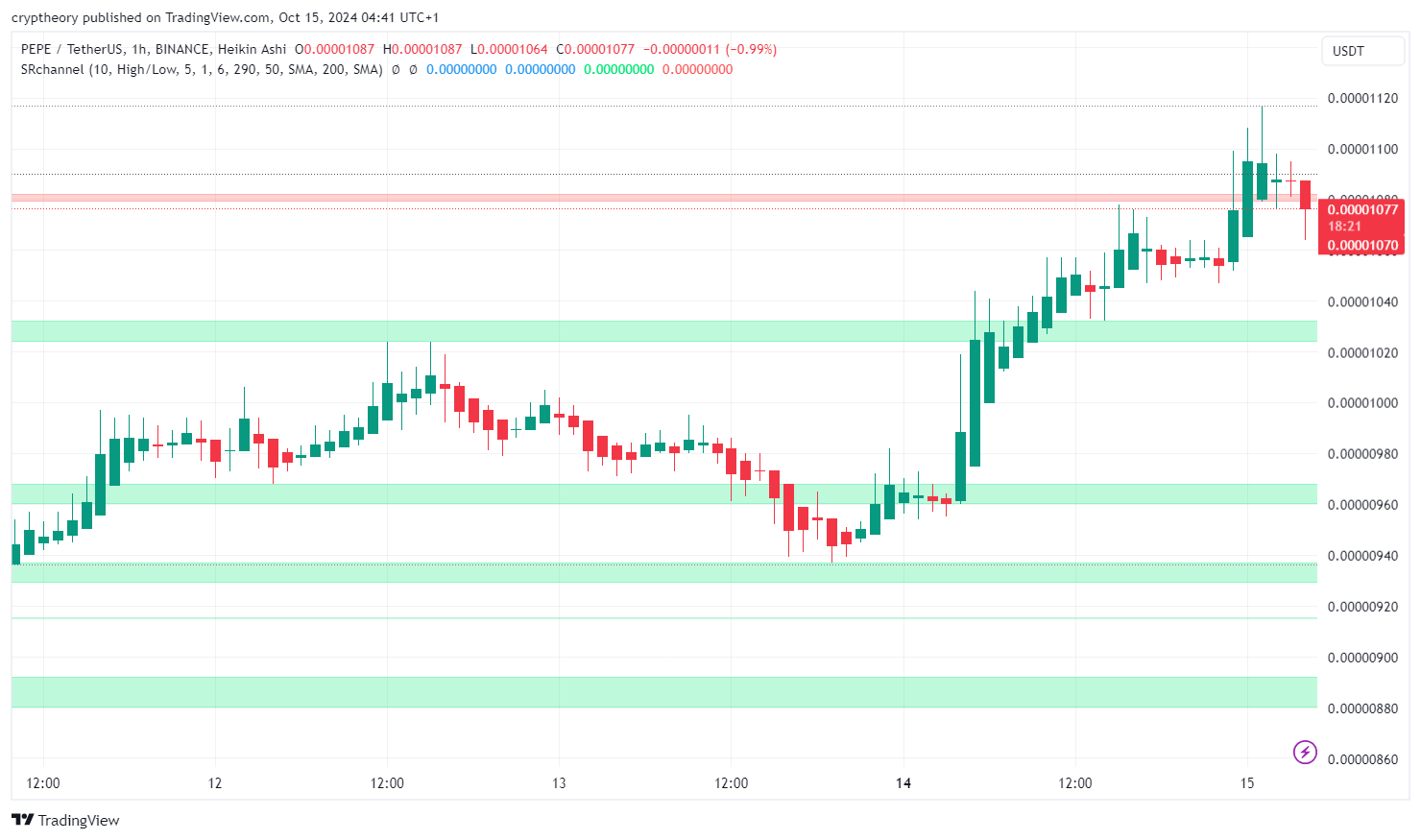A report by the Bank for International Settlements (BIS) concluded that cryptocurrencies cannot fulfill the role of money. The claims were made on the basis of “fragments” of the blockchain, which would be the creation of other networks with lower transaction costs.
Published this Tuesday, the document expresses the opinion of economists at the BIS.
“Fragmentation means that cryptocurrency cannot fulfill the social role of money,” the report concluded.
BIS about using cryptocurrency
In its conclusions, the bank cites the case of non-permissioned (public) blockchains. In these networks, transactions can be made and the history of the network can be consulted without authorization.
As BIS economists explain, these networks work by providing incentives for validators in the form of digital assets. But to achieve these high rewards, the number of transactions per block is limited.
So, as transactions reach this threshold, congestion increases costs.
“While congestion and high fees are necessary to incentivize validators, users are induced to look for alternative chains. This leads to a system of parallel blockchains that cannot take advantage of network effects, raising concerns about the governance and security of the entire system,” says the BIS.
The text then makes a comparison of the crypto market with the traditional one. For example, in the traditional one, the more users migrate to a platform, the more attractive it becomes to everyone. This results in cost reduction, service improvement and financial inclusion, says the BIS.
On the other hand, in crypto, the more people use a network, the more overloaded it becomes. Thus, costs increase for everyone.
The BIS points out that spikes in gas prices in ETH, for example, result in the growth of protocols such as Avalanche, Binance and Solana.
Blockchain issues
The article also points out that newer networks have greater capacity. However, they have greater centralization and weaker security.
In addition, the BIS states that differences in the design of blockchains prevent interoperability. That is, the ability of protocols and validators to access and share information across different networks.
“Limited scalability and lack of interoperability not only prevent network effects from taking root, but a system of parallel blockchains also increases governance and security risks,” the report reads.
Finally, the text emphasizes that these conditions imply that digital assets cannot fulfill the role of money.
The BIS justifies that, in the case of money, the more people use it, the more other people are willing to do so.
In the case of blockchains, the more a user makes transactions, the more he congests the system. Thus, the higher the rates for everyone.
General manager of the US division of Ontology: “In the future everyone can monetize their data”





















